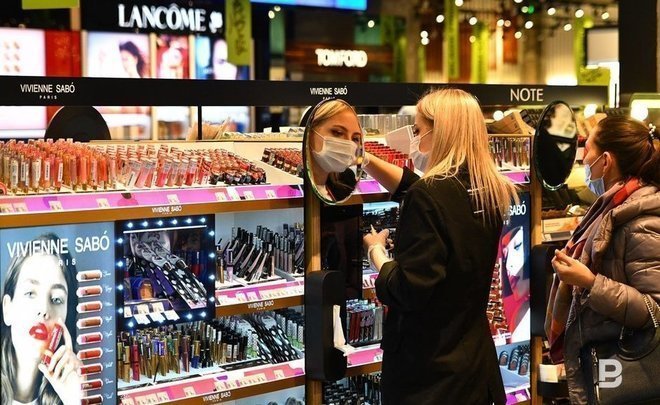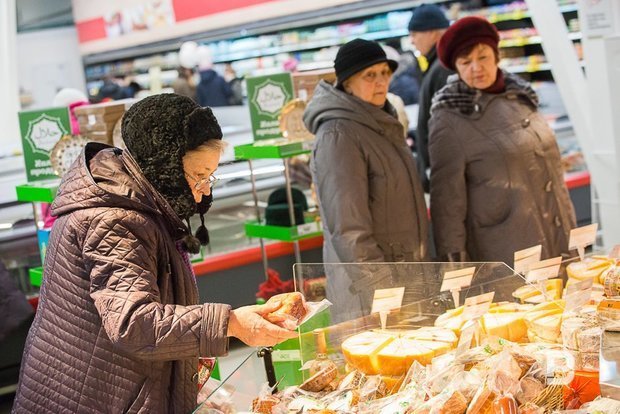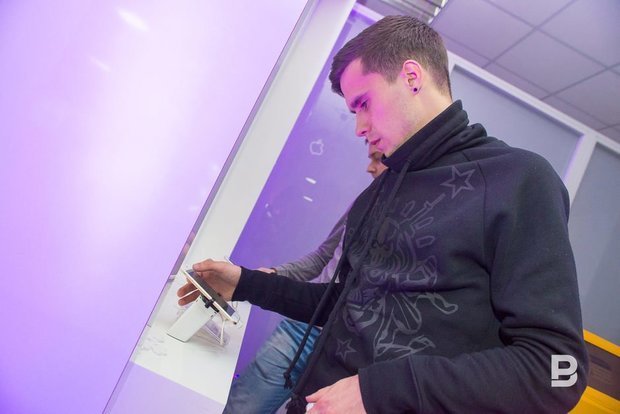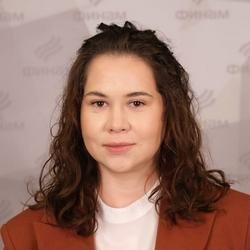Anna Buylakova: ‘Retailers have increased their focus on developing their own brands and discounters’

The Russian consumer market, despite the serious challenges of the year, avoided the worst-case scenarios, although the turnover of non-food products has fallen by 10,2%. The sanctions have also affected the operating activities of retailers. How the networks solved the problems of reducing consumer activity, developed discounters and developed parallel imports, Anna Buylakova, an analyst at Finam, tells in the author's column for Realnoe Vremya.
Store shelves are not empty
The outgoing year has brought new challenges to the Russian consumer sector in the form of high inflation, a reduction in real incomes of the population, a break in the usual logistics chains, and the withdrawal of foreign suppliers. Despite all these challenges, the most negative scenarios did not materialise: store shelves are not empty, and the largest chains even showed very strong results for 9 months of 2022.
Retail trade in Russia in the period from January to October, according to Rosstat, increased in nominal terms, but decreased by 5,9% in comparable prices compared to the same period last year. Most of the decline is due to a drop in the turnover of non-food products, while the food trade declined much less. In the period from January to October, the turnover of non-food products fell by 10,2% year-on-year in comparable prices, while food products sank by only 0,9%.

The sustainability of food sales is ensured by the daily need for food — the dynamics of demand for food is less subject to economic cycles than the sale of durable goods. Food production is also less import-dependent than, for example, segments of household appliances or automotive industry. The first half of the year was marked by a sharp increase in consumer prices against the background of the weakening of the national currency, increased market uncertainty, and changes in established commercial relations. Although the consumer sector as a whole was not directly sanctioned, indirect measures, such as the refusal of transport companies to deliver goods to Russia, an increase in insurance premiums for sea transportation, a reduction in the assortment or the complete withdrawal of international companies, had an impact on the operating activities of retailers.
Bet on STMs and discounters
Against the background of a reduction in the assortment and the transition of the population to a more economical spending model, retailers have increased their focus on the development of their own brands (STMs) and discounters. STM is one of the main tools in import substitution in retail, as such products allow networks to make up for the drawdown of assortment. STMs also give networks more control over pricing, which allows them to rely on STM as a key element of the development of discounters. For example, X5 Group expects to increase the share of STM in the turnover of its discounters Chizhik to 75% (now about 40%).

In December, the head of the Federal Customs Service, Vladimir Bulavin, said that the volume of parallel imports to Russia exceeded $20 billion, which primarily included “cars, machine tools, equipment, technological lines and light industry goods”. Nevertheless, we see that retailers have also used the parallel import mechanism to replenish the assortment. Thanks to this mechanism, consumers continue to see familiar brands on the shelves, for example, computer equipment from Apple, HP, Acer is available, although these manufacturers have announced the termination of sales in the Russian Federation.
New suppliers from friendly countries
Besides, the networks are establishing relationships with new suppliers from friendly countries. In particular, Ozon has opened representative offices in Turkey and China to attract local sellers to the marketplace, and M.Video network announced the conclusion of a partnership with Uzbek Artel and increased sales of goods from suppliers from China, Turkey, Belarus and other CIS countries.

The lowest point of the recession in Russia may be passed in the first half of next year. Against this background, we expect to see continued pressure on consumer spending, especially on non-food products. The transition of consumers to a more economical spending model can strengthen market consolidation around the largest players who are able to quickly change their offer to meet the needs of consumers who have a sufficient “cushion of strength” to wait out the deterioration of the economic situation.
Reference
The author's opinion may not coincide with the position of the editorial board of Realnoe Vremya.